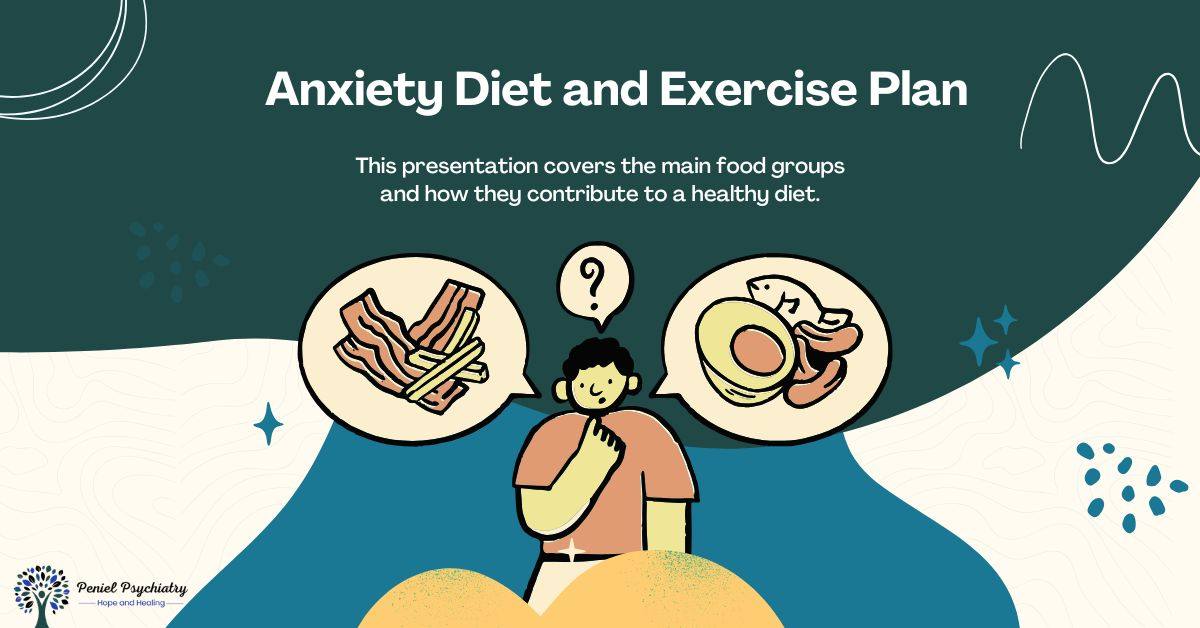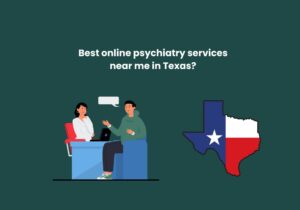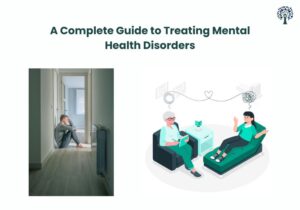An anxiety diet and exercise plan can help you feel better every day. What you eat and how you move can significantly impact your mood. Some foods calm your brain. Others make you feel worse. A short walk or light workout can help clear your head.
You don’t need a strict plan. You need small steps you can keep up with. In this guide, you’ll find the best foods for stress relief, easy ways to stay active, and a simple plan that works. These habits can help you feel calmer, more in control, and more like yourself again.
Use Food and Exercise to Manage Anxiety Naturally
Your daily habits have a significant effect on your brain and mood. What you eat and how much you move can either lower your stress or make anxiety worse. Simple lifestyle changes can help calm your mind and body. Sometimes, you might also need therapy or medication to feel your best.
How Food Affects Your Anxiety
Eating well provides your brain with the nutrients it needs to function correctly. Foods rich in magnesium, B vitamins, and omega-3 fatty acids help reduce anxiety. These nutrients support your nervous system and improve your mood. Avoiding caffeine, sugar, and processed foods can stop your anxiety from getting worse. When you choose balanced meals with whole foods, you help your brain stay calm and focused.
How Exercise Helps Lower Anxiety
Moving your body triggers the release of neurotransmitters such as serotonin and dopamine. These boost your mood and ease stress. You don’t need to do hard workouts. Walking, yoga, or gentle stretching are effective options for exercise. Exercise also improves sleep, which is essential for managing anxiety. Regular movement helps your body handle stress better and keeps your mind clearer.
When to Combine Lifestyle Changes with Therapy or Medication
Lifestyle changes are powerful, but they don’t work for everyone on their own. If anxiety feels overwhelming or lasts a long time, professional help can make a big difference. Therapists and doctors can guide you with treatments tailored to your specific needs. Combining food, exercise, and skilled care gives you the best chance to manage anxiety well.
Eat These Foods to Calm Your Anxiety
Eating the right foods can help you feel calmer and more balanced. Your diet plays a significant role in how your brain works. Some foods provide the body with the nutrients it needs to fight and alleviate symptoms. Others might make your symptoms worse. Knowing what to eat can make a real difference in how you handle your day.
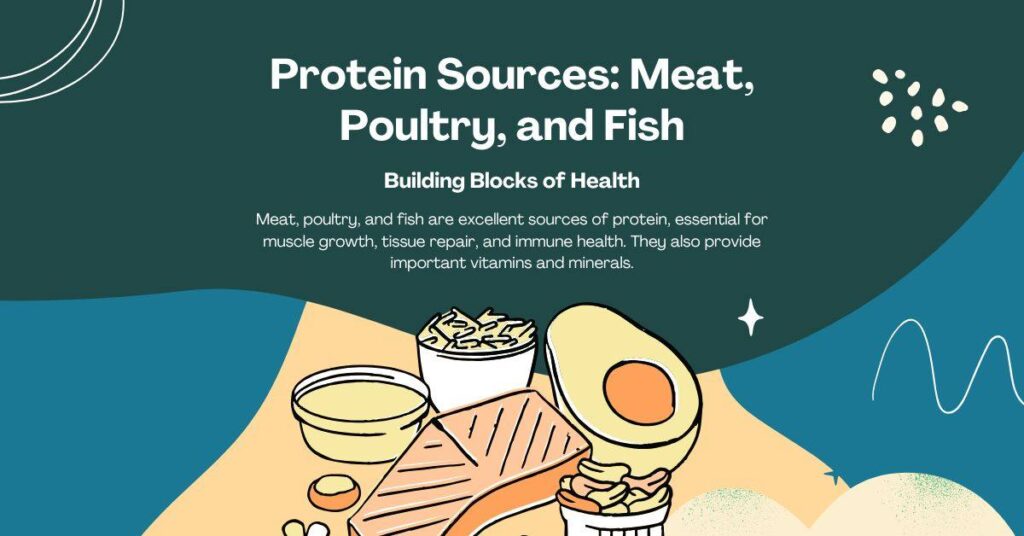
Feed Your Brain the Right Nutrients
Specific nutrients help your brain stay calm. Magnesium and B vitamins support your nervous system. Omega-3 fatty acids, found in fish like salmon, help your brain work better. Eating leafy greens, nuts, and seeds also adds these essential nutrients. These foods can improve your mood and help you manage anxiety.
Build Anti-Anxiety Meals
Try to include protein, healthy fats, and complex carbs in your meals. For example, a breakfast of eggs with spinach or oatmeal topped with nuts can keep your energy steady. Snack on yogurt, dark chocolate, or almonds when you need a quick boost. These options help balance your blood sugar and keep your mind clear.
Cut Out Foods That Spike Anxiety
Some foods can make anxiety worse. Caffeine, sugary snacks, processed carbs, and alcohol can cause your heart to race or make you feel jittery. Try to limit these and swap them for drinks like teas or water with lemon.
Eating well gives your brain what it needs. Combined with movement, it can help you feel more in control and less overwhelmed.
Move Your Body to Release Anxiety
Exercise helps your mind and body function more effectively. When you move, your brain releases chemicals that make you feel good. This can lower stress and calm anxiety. You don’t need to do intense workouts. Even light exercise can help you feel less tense and more relaxed.
Let Exercise Reset Your Nervous System
Physical activity boosts serotonin and dopamine, which are chemicals that improve your mood. Regularly moving your body, handling stress more effectively, and getting a good night’s sleep also help you manage anxiety more effectively. When you exercise, your heart beats strongly, and your muscles relax. This makes your mind feel clearer and calmer.
Pick Workouts That Calm Your Mind
Walking is one of the easiest and best ways to reduce anxiety. A short walk outside can help clear your head. Yoga and stretching also work well because they combine movement with deep breathing. These exercises slow your heart rate and ease tension. Strength training or light cardio can help people feel energised and improve their mood.
Create a Simple Weekly Routine
Try to move for at least 20-30 minutes every day. Start with gentle activities if you feel tired or stressed. Choose exercises that feel good to you, so you want to keep doing them. You don’t need a fancy gym or equipment. The key is to maintain regular movement to support the strength of both your mind and body.
Follow This Easy Daily Plan
Establishing a simple daily routine can help you manage anxiety more effectively. Small, healthy habits can add up and make a big difference. You don’t need to change everything at once. Just focus on the steady steps you can keep.
Start Your Morning Calmly
Begin your day with a breakfast that balances protein, healthy fats, and complex carbs. For example, eggs with spinach or oatmeal with nuts can give you steady energy. Pair this with a short walk or gentle stretching to wake up your body and clear your mind. This helps set a calm tone for the day.
Keep Energy Up in the Afternoon
Midday can be harsh when anxiety hits or energy drops. A light snack, such as yoghurt or almonds, can help balance your blood sugar levels. Try to get outside for some fresh air or a quick walk. Moving around helps reduce stress and improves focus for the rest of your day.
Wind Down in the Evening
In the evening, choose foods that are easy to digest and support, such as a bowl of soup or steamed vegetables. Add some gentle stretches or deep breathing exercises before bed. Avoid screens for at least 30 minutes to help your brain slow down and prepare for rest.
Stick to the Plan Even on Hard Days
It’s normal to have days when anxiety feels stronger or motivation is low. The key is to keep going, even if you do less than planned. Small actions matter and add up over time.
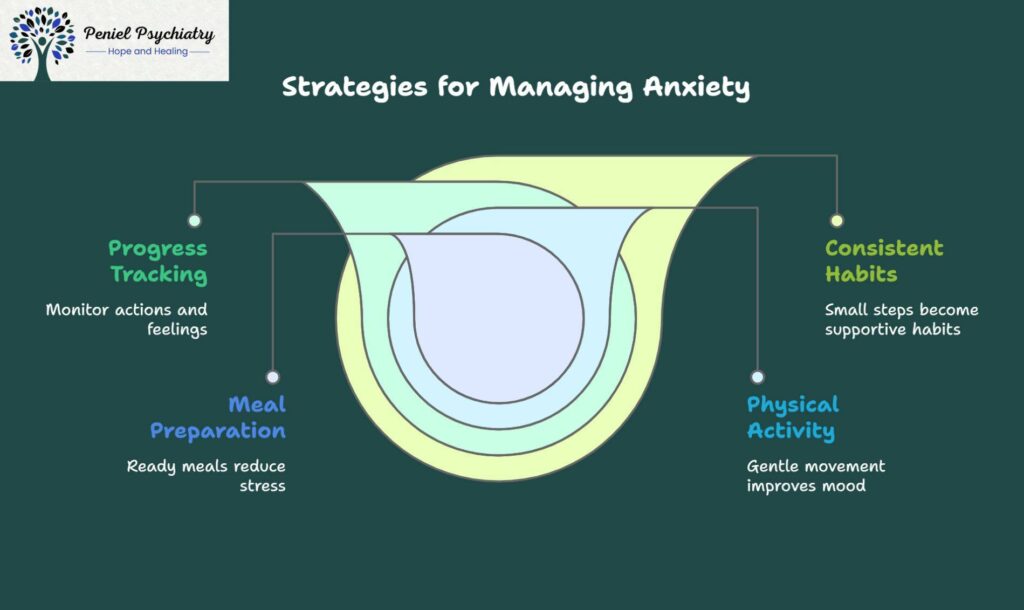
Prepare Ahead to Stay Ready
When you feel good, take time to prep meals and snacks. Having healthy food ready helps you avoid reaching for caffeine or sugary treats when stress hits. Planning your exercise, even a short walk, makes it easier to move on tough days.
Move a Little, Even If It’s Just Five Minutes
If full workouts feel too much, try moving for just five minutes. Walk around your home or do gentle stretches. This can calm your nervous system and improve your mood. Often, starting small helps you maintain your habit.
Your Progress and Feelings
Keep a simple journal or use an app to note what you eat, how you move, and how you feel. Seeing patterns can help you learn what works best for your anxiety. It also reminds you of the progress you’ve made.
Build Habits One Step at a Time
Focus on making one change at a time. This keeps things manageable and less overwhelming. Over time, these small steps become habits that naturally support your mental health.
Get Help When You Need It
Sometimes, diet and exercise aren’t enough to ease anxiety. When your symptoms persist or become too severe, it’s essential to seek professional support. You don’t have to face anxiety alone.
Know When to Seek Help
If you feel overwhelmed stuck, or your anxiety gets worse, a therapist or psychiatrist can guide you. They help you find the right treatments and strategies tailored to your specific situation. Getting support early can make a big difference.
Combine Lifestyle Changes with Professional Care
Food and exercise are beneficial, but they often work best in conjunction with therapy or medication. Professionals can tailor a plan just for you. This combined approach gives you the best chance to manage anxiety well.
Find Support at Peniel Psychiatry
At Peniel Psychiatry, experts work with you to understand your needs. They offer therapy, medication management, and tools to support your mental health. If you need help, don’t hesitate to reach out and start your path to feeling better.
Frequently Asked Questions (FAQs)
What is the best diet for anxiety?
A balanced diet rich in magnesium, omega-3 fatty acids, and B vitamins helps calm the brain. Focus on whole foods, such as leafy greens, fish, nuts, and seeds. Avoid caffeine, sugar, and processed snacks to keep anxiety low.
Can exercise stop anxiety attacks?
Exercise can reduce the frequency and intensity of anxiety attacks by releasing mood-boosting chemicals like serotonin and dopamine. Even walking or gentle yoga helps calm your nervous system.
How long before diet and exercise help with anxiety?
You may notice minor improvements in mood and energy within a few weeks. Building consistent daily habits gives your brain the support it needs over time.
Are there foods that make anxiety worse?
Yes. Caffeine, sugary snacks, processed carbs, and alcohol can raise anxiety levels. These foods may cause jitters or mood swings, so it’s best to limit them.
What is the best time to work out for anxiety?
Any time that fits your schedule works well. Some find morning workouts help set a calm tone for the day. Others prefer evening exercise to relax before bed. The key is regular movement.
Final Thoughts
You don’t have to fix everything all at once. Small steps in your diet and exercise can still help your anxiety. Eating balanced meals and exercising regularly provides your brain with what it needs to function optimally and maintain a calm state.
Remember, these habits are tools to support your mental health, not a cure. Be patient with yourself. Consistency matters more than perfection. Over time, these simple changes can make a big difference in how you feel.
Start small, keep going, and know that every positive choice counts. Your mind and body will thank you.

